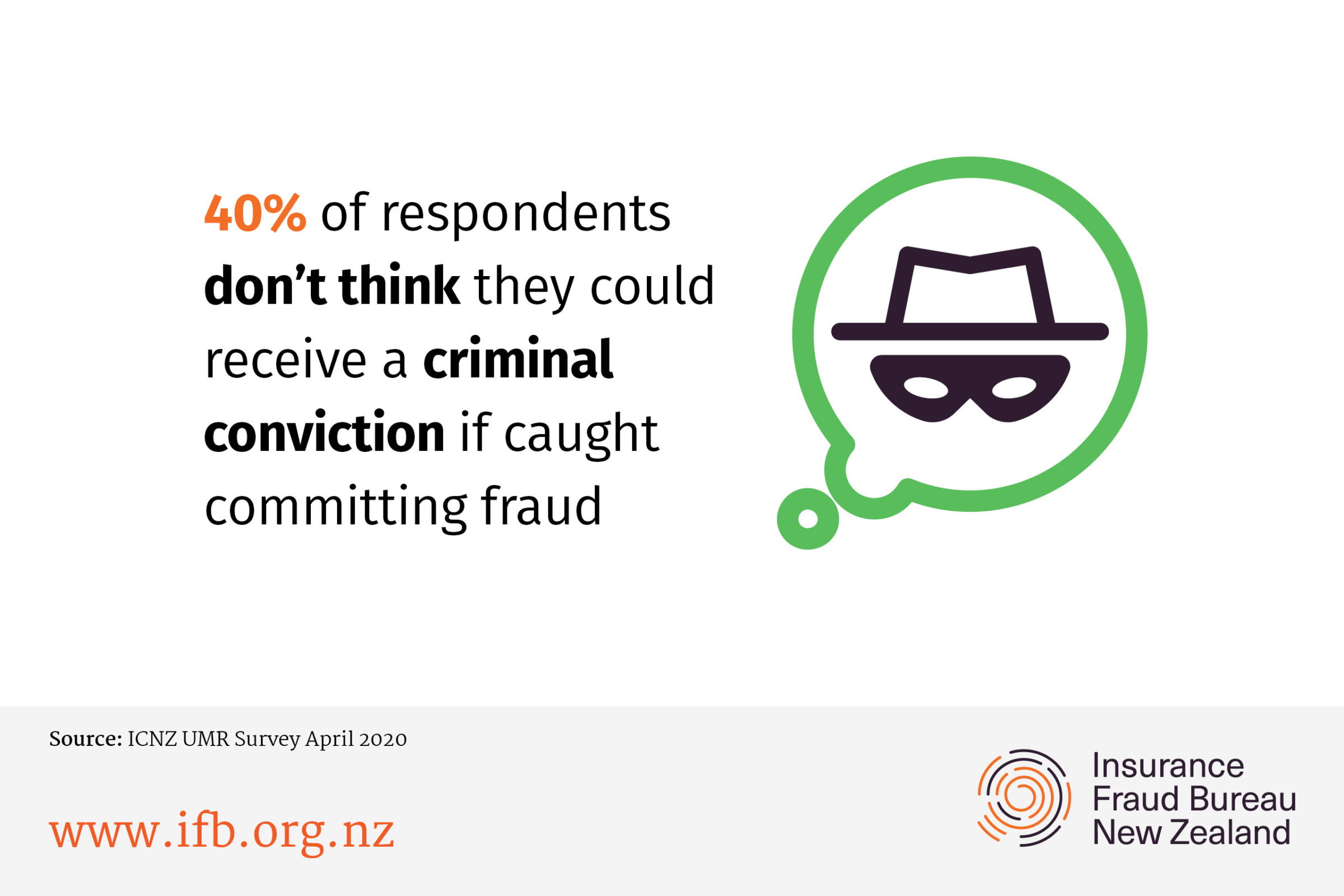
In previous articles, we’ve discussed honest and dishonest claims, and how dishonest claims are considered insurance fraud. Let’s quickly recap on dishonest claim types and then consider some examples of exaggeration and misrepresentation, how insurance companies discover false claims, and what you can do to prevent fraud.
Dishonest claims can inadvertently occur in a number of ways.
1. Exaggerating claims
Let’s take the example of a house burglary. If you’re not 100% sure of what was stolen and ‘guess’ what was taken, or exaggerate the number of items that were stolen, the insurance industry considers that an exaggeration of an insurance claim.
2. Non-disclosure
By choosing to not provide information, because you think it may be detrimental to your claim, is considered non-disclosure. An example might be a car insurance claim, where the incident was your fault, but you omit key details of the events that occurred to try and cover this up, so that you’ll get cover.
3. Mis-representing information
Say you’ve just dropped your iPhone and cracked the screen, or your children knocked over the TV while wrestling. You would be mis-representing information if you made a claim for a later model phone or TV than you damaged.
Further examples of Exaggeration and Mis-representation
Exaggerated insurance fraud claims
- After a flood damages a freezer, expensive steaks are purposefully included in the list of spoiled foods to increase the value lost
- A pearl necklace is lost and the claimant exaggerates the size and value of the pearls.
Source: http://www.ibc.ca/pe/home/home-fraud/exaggerating-claims
Globally there are reports of insurance fraud victims being taken advantage of with high anxiety around the Covid-19 pandemic. Insurance fraud is on the rise in many countries, with Canada reporting more exaggerated claims than usual including:
- extra cleaning and storage fees for damaged motor vehicles
- staged collision actors taking advantage of fewer police reports and being able to avoid hospitalisation
- ride-sharing operators dumping and burning their vehicles with decreased demand for their services
- Increased residential arson and water damage (due to financial stress) for cash payouts.
Mis-represented insurance fraud claims
- After a fire, items such as furniture, jewellery or art that were never owned or on the premises are claimed for
- A claimant submits a receipt that belongs to someone else when a claim is made.
Source: http://www.ibc.ca/pe/home/home-fraud/exaggerating-claims
How insurance companies discover false claims
Insurance claims teams have a number of strategies they can draw on to uncover fraudulent insurance claims. Data analysis is a large part of their role, as they look for unusual patterns in claim types, claim frequency and new claims. They also look for behavioural patterns such as a claimant not being stressed about making a large claim, or making changes to a policy shortly before claiming on it.
Insurers often have Special Investigation Units that employ ex-detectives and private investigators that have specialist skills in examining claim sites and conducting financial reviews to understand potential triggers for initiating a fraudulent claim.
How serious is an Exaggerated or Mis-represented insurance claim?
In New Zealand, if a claim is proved to be fraudulent, it won’t be accepted and any genuine portion of your claim can be denied too. Insurers may wish to progress with legal proceedings, which can result in a criminal record for the false claimant. If that doesn’t sound serious enough, having a criminal record for fraud usually results in being flagged in the Insurance Claims Register (ICR) which is a system used by multiple insurers. This can make it difficult to obtain any sort of insurance in the future.
“The ICR enables insurance companies to check the accuracy of data submitted with policy applications and claims. An insured who has been caught making a fraudulent claim and flagged on the register is unlikely to get subsequent cover with another insurance company. Because banks generally do not lend to a person without insurance cover, that insured is also unlikely to be able to purchase property.”
Source: https://www.mondaq.com/newzealand/white-collar-crime-anti-corruption-fraud/972186/insurance-fraud-who-am-i-hurting
How can you prevent insurance fraud?
Understand your policy terms and conditions
Knowing that you abided by the terms and conditions and understanding what information you need to disclose in the event of a claim is important when making an honest insurance claim. The Fair Insurance Code can also help you to understand the responsibilities you and your insurer need to consider.
Ask for help if you’re unsure
If you think you have an insurance claim to make but aren’t sure about how to go about it, or what information you’ll need, do get in touch with your insurer. They can walk you through the process and support you to complete your claim correctly.
Know people making dishonest insurance claims?
Do the right thing! Do your friends and family a favour and tell them not to. Let them know that the actions they’re taking is considered fraud and a criminal offence. Importantly, if they get caught, a conviction can prevent their ability to get finance in the future.
You can also report insurance fraud by visiting our website. You can make reports anonymous if you wish.